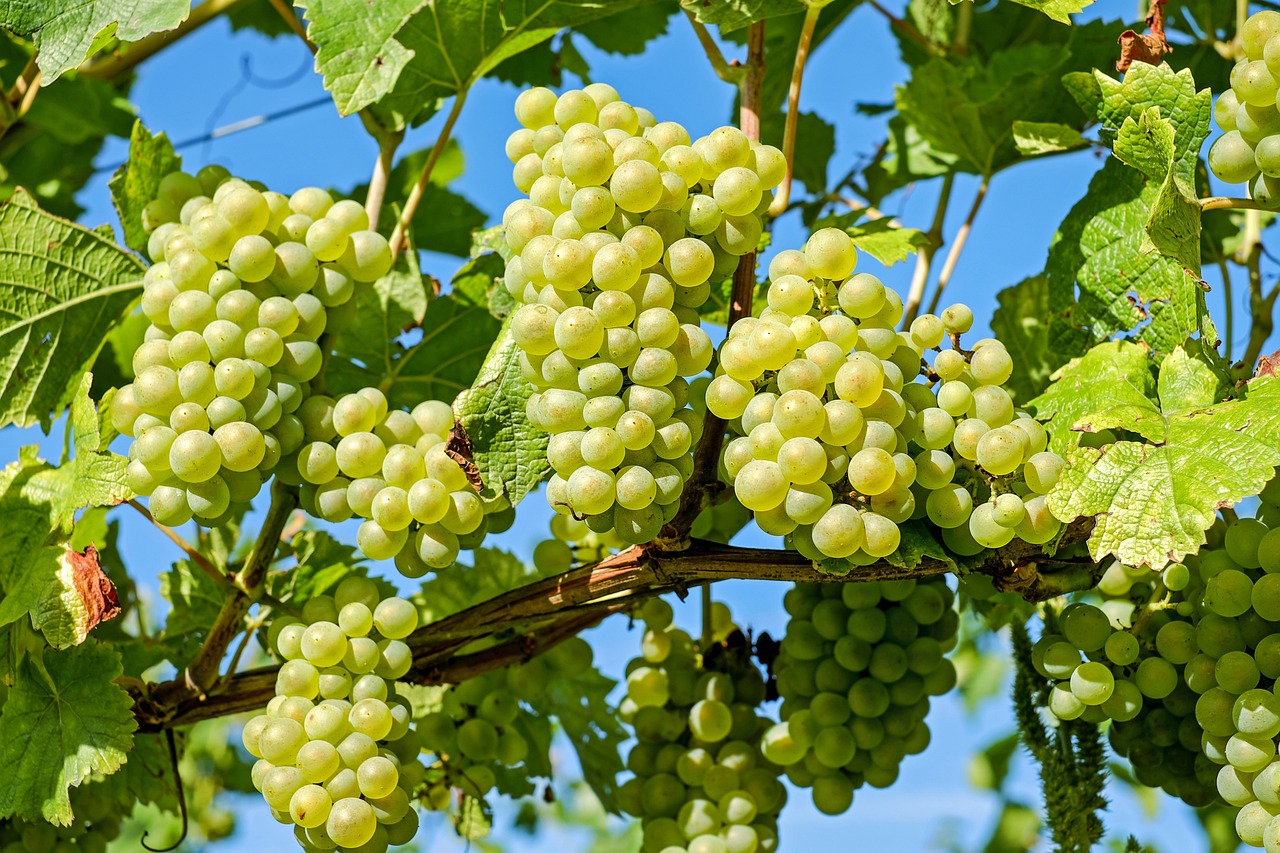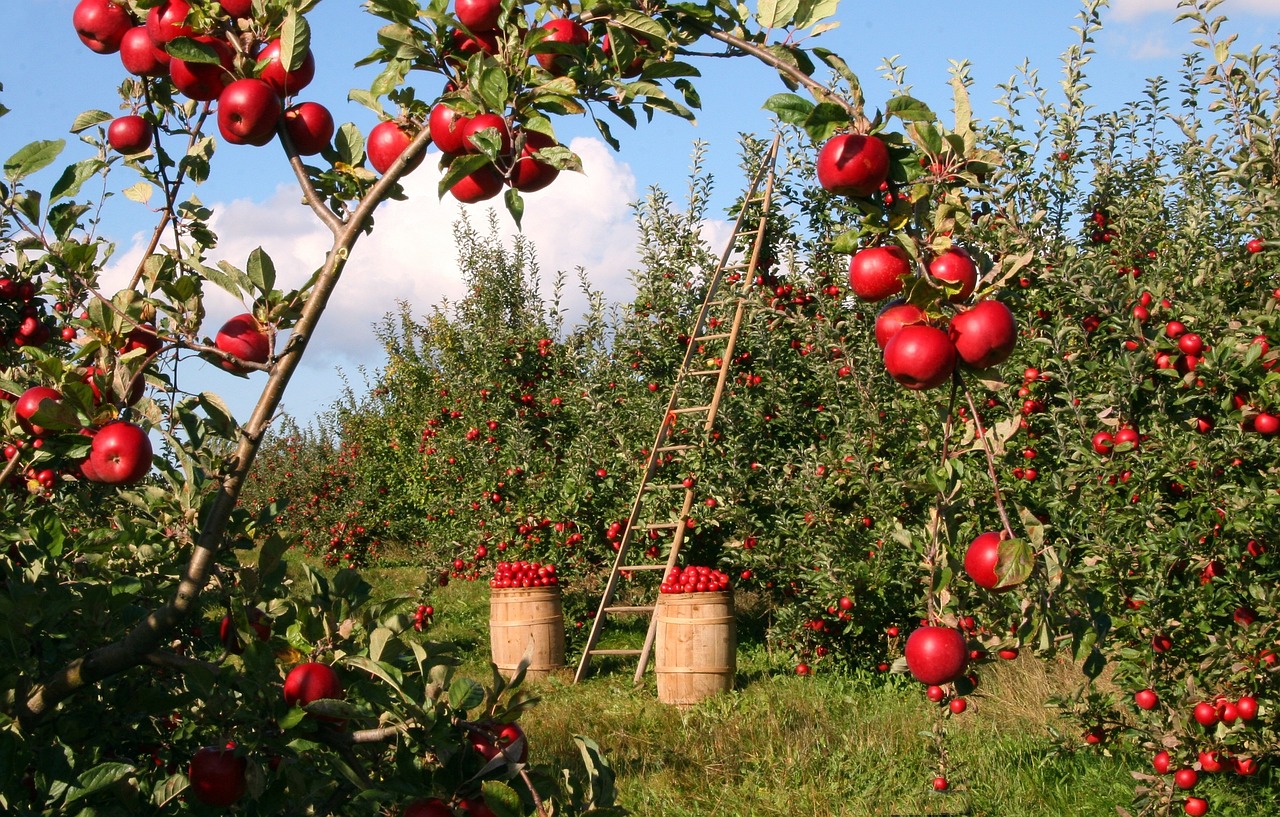Introduction
Organic farming is gaining momentum in the world of agriculture as consumers become increasingly conscious of what they put on their plates. This farming approach, which prioritizes sustainability and natural practices over conventional methods, has drawn attention for its potential to address some of the pressing issues facing modern agriculture. In this article, we will explore the benefits, challenges, and best practices associated with organic farming.
Organic farming is at the forefront of a global agricultural revolution driven by consumers’ growing awareness of the impact of their food choices on health and the environment. This paradigm shift prioritizes sustainability, natural practices, and ethical considerations over conventional methods, creating a ripple effect that is reshaping the way we produce and consume food. In this comprehensive exploration, we delve into the multifaceted realm of organic farming, shedding light on its myriad benefits, acknowledging its inherent challenges, and uncovering the best practices that are steering it toward a more promising and sustainable future.
Benefits of Organic Farming:
Environmental Stewardship: Organic farming emphasizes practices that reduce synthetic chemical inputs, minimize soil erosion, and promote biodiversity. By avoiding synthetic pesticides and fertilizers, it mitigates the environmental harm associated with conventional agriculture.
Soil Health and Fertility: Organic farms prioritize soil health through techniques like crop rotation, cover cropping, and composting. These practices enhance soil structure, nutrient retention, and water-holding capacity, contributing to long-term fertility.
Healthier Food: Organic produce is often perceived as healthier due to its reduced exposure to synthetic chemicals. While scientific consensus is still evolving, organic foods often contain fewer pesticide residues and may have higher levels of certain nutrients and antioxidants.
Reduced Antibiotic Use: Organic livestock farming prohibits the routine use of antibiotics and growth hormones. This helps mitigate the risk of antibiotic resistance and ensures more humane treatment of animals.
Sustainable Resource Management: Organic farming places a premium on resource efficiency. By using fewer synthetic inputs, conserving water, and minimizing energy use, it aligns with broader sustainability goals.
Challenges and Considerations:
Yield Variability: Organic farming may have lower crop yields compared to conventional methods, which can be a challenge for meeting growing global food demands.
Transition Period: Transitioning from conventional to organic farming can be financially and logistically challenging for farmers. It often takes several years to fully convert to organic practices.
Pest and Disease Management: Organic farmers rely on natural pest control methods, which may be less predictable and effective than synthetic chemicals. Managing pests and diseases can be more challenging.
Market Access and Premiums: Organic produce often commands higher prices in the market. However, accessing premium organic markets can require certification and adherence to strict organic standards.
Best Practices and Innovations:
Crop Rotation: Employing diverse crop rotations can help improve soil health and reduce pest pressure.
Cover Cropping: Sowing cover crops in fallow periods enhances soil fertility, reduces erosion, and improves water retention.
Organic Pest Management: Implementing integrated pest management (IPM) strategies, such as releasing beneficial insects, can help control pests effectively.
Agroforestry: Combining trees with crops and livestock can increase biodiversity, enhance soil fertility, and provide additional income sources.
Precision Agriculture: Embracing technology and data-driven approaches can enhance resource efficiency and improve organic farming practices.
In this era of conscious consumerism, organic farming stands as a testament to our evolving relationship with food and the planet. It embodies an ethos of responsibility, sustainability, and ethical stewardship, offering a compelling vision of a more harmonious coexistence with nature. As we continue to navigate the complex terrain of modern agriculture, organic farming remains a beacon of hope, steering us toward a future where the health of the planet and the well-being of its inhabitants are intricately intertwined.
For additional details, consider exploring the related content available here Training manual for ORGANIC AGRICULTURE
Environmental SustainabilityOrganic farming is rooted in eco-friendly practices that prioritize soil health and biodiversity. By avoiding synthetic pesticides and fertilizers, organic farmers promote natural ecosystems and reduce water pollution. Additionally, organic farms often implement crop rotation and cover cropping, which help maintain soil fertility and reduce erosion.
Healthier ProduceOrganic farming emphasizes the use of organic materials, compost, and natural pest control methods. As a result, organic produce tends to have lower levels of pesticide residues, making it a safer and healthier choice for consumers.
Nutrient-Rich SoilOrganic farming places a strong emphasis on soil health. Through practices like composting and minimal tillage, organic farmers maintain nutrient-rich soil, which can lead to higher-quality crops.
Supporting BiodiversityOrganic farms typically provide habitat for a diverse range of plants and animals. By avoiding the use of synthetic chemicals, they create environments where pollinators and other beneficial insects can thrive.
Reduced Greenhouse Gas EmissionsOrganic farming methods, such as reduced tillage and cover cropping, can contribute to lower greenhouse gas emissions compared to conventional farming.
If you’d like to dive deeper into this subject, there’s more to discover on this page: Organic farming | Definition, History, Methods, Practices, & Benefits …

Lower YieldsOne of the primary challenges of organic farming is lower crop yields compared to conventional methods. Organic farmers often face difficulties in pest and disease management, leading to reduced production.
Transition PeriodTransitioning from conventional to organic farming can be financially and logistically challenging. It can take several years to convert a farm fully, during which time farmers may experience decreased yields and increased costs.
Market Demand and PricingWhile the demand for organic produce is growing, it can still be challenging for organic farmers to compete in price with conventionally grown crops.
Knowledge and TrainingSuccessfully practicing organic farming requires a deep understanding of natural systems and sustainable practices. Farmers need training and support to adopt these methods effectively.
Explore this link for a more extensive examination of the topic: Organic Agriculture: What are the environmental benefits of organic …

Soil Health ManagementFocus on maintaining healthy soil through composting, cover cropping, and minimal tillage. Healthy soil is the foundation of a successful organic farm.
Crop RotationImplement a crop rotation plan to reduce soilborne diseases and pests. Varying crops from season to season can help maintain soil health and reduce the need for chemical inputs.
Natural Pest ControlUse natural methods for pest and disease control, such as introducing beneficial insects, practicing companion planting, and deploying traps.
Weed ManagementEmploy mulching, hand weeding, and mechanical cultivation to manage weeds without resorting to synthetic herbicides.
Continuous LearningStay updated with the latest research and best practices in organic farming. Attend workshops, conferences, and engage with the organic farming community to gain knowledge and insights.
Additionally, you can find further information on this topic by visiting this page: Identifying the best of the best in organic agriculture | The Organic …

Conclusion
Organic farming offers a range of benefits, including environmental sustainability, healthier produce, and support for biodiversity. However, it also presents challenges such as lower yields and the transition period to full organic production. By implementing best practices, farmers can maximize the benefits of organic farming while mitigating its challenges, contributing to a more sustainable and environmentally friendly agricultural system. As consumer demand for organic products continues to grow, organic farming is likely to play an increasingly important role in the future of agriculture.
Organic farming stands as a beacon of hope in a world where sustainable agriculture is increasingly critical. Its multitude of benefits, both for the environment and consumers, make it a pivotal component of the future of agriculture. While it’s essential to acknowledge its challenges, these are merely stepping stones toward a greener and more ethical agricultural landscape.
One of the most significant advantages of organic farming is its dedication to environmental sustainability. By eschewing synthetic pesticides and chemical fertilizers, organic farms reduce the risk of soil and water contamination. They also prioritize practices like crop rotation and the use of natural predators, fostering healthier ecosystems within their fields. In doing so, organic farmers act as stewards of the land, preserving it for generations to come.
Moreover, the produce that emerges from organic farms isn’t just a boon for the environment; it’s also a boon for our health. By avoiding synthetic chemicals, organic farming provides consumers with food that is free from potentially harmful residues. The nutritional profile of organic produce often shows higher levels of essential vitamins and minerals, offering a tasty and healthful alternative to conventionally grown foods.
However, it’s important to address the challenges faced by organic farmers. Lower yields can be a reality due to the absence of synthetic inputs, but this challenge is being met head-on by continuous research into organic farming techniques. Innovations in organic pest and disease management, soil health improvement, and sustainable irrigation methods are enhancing productivity and reducing the yield gap.
The transition period to full organic production is another challenge, as it often takes several years to meet the stringent organic certification requirements. During this time, farmers may face economic hurdles and uncertainty. However, governments and organizations are increasingly offering support and incentives to ease this transition and make organic farming a more viable option.
To truly maximize the benefits of organic farming, it’s essential for farmers to implement best practices. This includes meticulous planning, careful crop selection, and soil management strategies that optimize fertility and structure. Education and knowledge-sharing within the farming community play a pivotal role in disseminating these best practices.
As consumer demand for organic products continues to surge, the role of organic farming in shaping the future of agriculture becomes increasingly prominent. Organic farming isn’t just an alternative; it’s a model for a sustainable and environmentally friendly agricultural system. By addressing its challenges head-on and embracing its principles, we can usher in an era where farming coexists harmoniously with the planet, providing wholesome, pesticide-free food and preserving biodiversity for generations to come.
To expand your knowledge on this subject, make sure to read on at this location: Chapter 5 : Food Security — Special Report on Climate Change and …
More links
For additional details, consider exploring the related content available here Wheat Farming with Zero Tillage: Benefits, Challenges, and Best …
